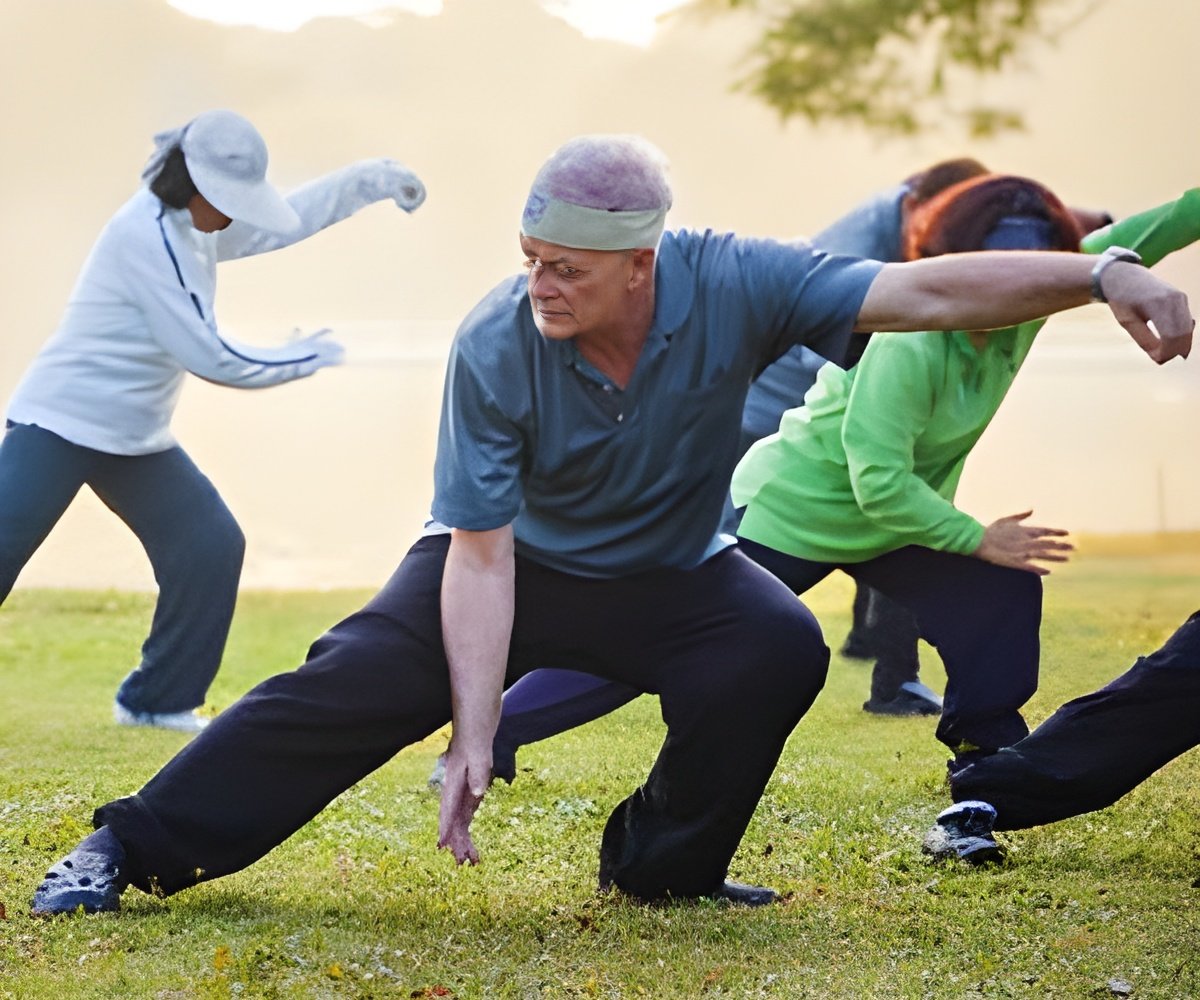New study demonstrates Tai Chi's enduring benefits for Parkinson's, potentially modifying both motor and non-motor symptoms.

Effect of long-term Tai Chi training on Parkinson's disease: a 3.5-year follow-up cohort study
Go to source). "Our study has shown that tai chi retains the long-term beneficial effect on (Parkinsons disease), indicating the potential disease-modifying effects on both motor and non-motor symptoms, especially gait, balance, autonomic symptoms and cognition," said researchers from the Shanghai Jiao Tong University in China.
Understanding the Challenges of Parkinson's Disease
Parkinson's disease is a debilitating and progressive neurodegenerative disorder, characterized by slowness of movement, resting tremor, and stiff and inflexible muscles. It is the fastest growing neurological condition in the world. As yet, there is no cure for Parkinson's, and while drugs can alleviate clinical symptoms, they don't treat all the manifestations of the disease.‘Tai Chi has the potential to alleviate Parkinson's disease symptoms and related complications for an extended duration. #chinesemartialart #parkinsonsdisease #taichi’





The study monitored two groups of patients with Parkinson's disease for more than five years from January 2016 to June 2021. One group of 147 patients practiced tai chi twice a week for an hour, aided by the provision of classes to improve their technique. The other group of 187 patients continued with their standard care, but didn't practice tai chi.
Tai Chi's Impact on Parkinson's Disease Progression
Disease progression was slower at all monitoring points in the tai chi group, as assessed by three validated scales to assess overall symptoms, movement, and balance. The number of patients who needed to increase their medication in the comparison group was also significantly higher than it was in the tai chi group: 83.5 percent in 2019 and just over 96 percent in 2020 compared with 71 percent and 87.5 percent, respectively.Cognitive function deteriorated more slowly in the tai chi group as did other non-movement symptoms, while sleep and quality of life continuously improved. And the prevalence of complications was significantly lower in the tai chi group than in the comparison group: dyskinesia 1.4 percent vs. 7.5 percent ; dystonia 0 percent vs. 1.6 percent ; hallucinations 0 percent vs. just over 2 percent ; mild cognitive impairment 3 percent vs. 10 percent ; restless leg syndrome 7 percent vs. 15.5 percent.
Falls, dizziness, and back pain were the three side effects reported by study participants, but these were all significantly lower in the tai chi group. While 23 people sustained a fracture, these all occurred during routine daily life and were fewer in the tai chi group: 6 vs. 17.
However, this is an observational study, and as such, can't establish cause and effect, said the researchers, while also acknowledging that the number of study participants was relatively small and they weren't randomly assigned to their group.
Reference:
- Effect of long-term Tai Chi training on Parkinson's disease: a 3.5-year follow-up cohort study - (https://pubmed.ncbi.nlm.nih.gov/37875337/)
Source-IANS












